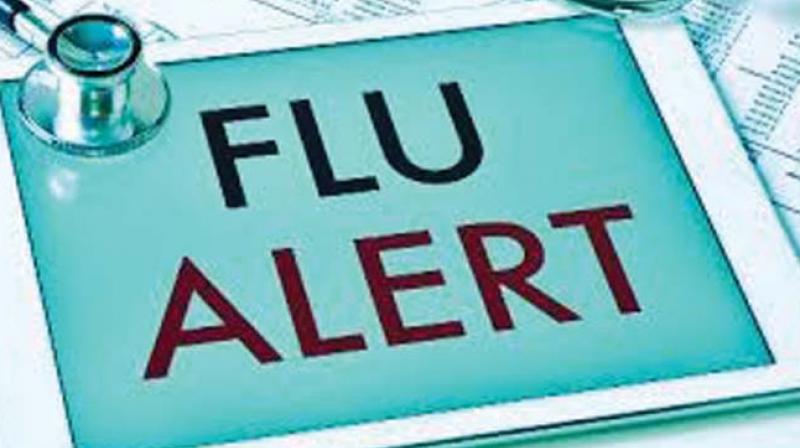Rains trigger a cloudburst of ailments

Bengaluru: The recent showers as part of the Southwest monsoon has led to a drastic change in climate and an increase in flu cases across the city.
Many residents are complaining of viral fever, persistent wet cough and blocked nose. City doctors claim the rains have also brought about an increase in respiratory infections and vector-borne diseases.
Dr Sunil Christopher T., consultant physician, Sagar Hospital said, “Fever cases have seen a rise recently because of many reasons. Viral illness tops the list among others. Most cases present as high-grade fever with chills and body aches. Some even experience dehydration.”
Sagar Hospital alone has reported 190 fever cases, out of which 124 have been reported positive from January to May.
Sunith (name changed), a resident of Peenya, said he has been experiencing continuous fever, headache and blocked nose for the past few days. He claimed that two days back, he got drenched, that might have been the trigger.
“The monsoon brings seasonal ailments like dengue and chikungunya, water-borne diseases like typhoid and gastroenteritis, and rodent-borne diseases such as leptospirosis and respiratory infections like influenza and H1N1. Dengue is mostly reported between June and October when viral concentration is high, but it subsides with the fall in temperature,” said Dr Usha Manjunath, Director, IIHMR Bengaluru.
The Health Department of Bengaluru Urban Zilla Panchayath had confirmed four cases of dengue and three of chikungunya in the initial months of the year and with this shift in temperature, the cases are expected to rise.
“We are aware of the situation and we will try to do what is needed from our side. However, people should also stay alert and take necessary preventive measures,” said a BBMP official.
Dr Sunil also added that most of these cases of viral illness can be treated symptomatically. They need to be monitored if there is severe dehydration or fall in blood platelet count. “In such cases, people usually tend to take aspirin which should be avoided, as it can cause complications,” he said.
Dr Usha also said that dengue and chikungunya are common in areas with water logging, poor infrastructure and faulty drainage systems. The civic authorities need to be proactive about desilting drains, clearing garbage efficiently and educating the public on proper water storage techniques, and ensure regular fogging.

